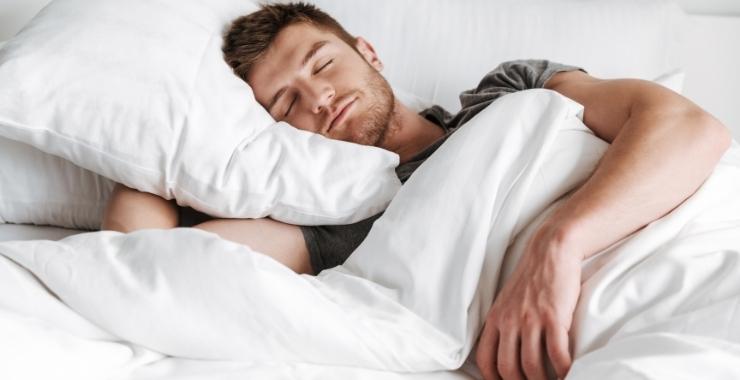Imagine being so tired that you could sleep for up to 20 hours a day, and not just for a few days but for weeks or even longer.
This isn`t just an exaggeration—it`s the reality for some people suffering from a rare neurological disorder called Kleine-Levin Syndrome, also known as "Sleeping Beauty Syndrome."
This condition is extremely rare, and during its episodes, people can sleep for days at a time.
They may experience significant changes in behavior and sometimes intense hunger.
The symptoms of this disorder can really change how a person behaves, making them appear confused or even disconnected from reality.
According to a report by Indian Express, those affected by Kleine-Levin Syndrome may even have difficulty focusing or feel like they are in a constant fog.
Dr. Sermed Mezhher, a medical professional, shared some eye-opening details in a video posted on Instagram.
He explained that "people with Kleine-Levin Syndrome can sleep for up to 20 hours a day. It`s even possible for someone to sleep for an entire week, constantly in a deep slumber."
What`s even more shocking is that he mentioned cases where individuals have slept for as long as 32 days straight without waking up.
But what exactly causes these extreme sleep episodes, and what are the other signs of the disorder?
The main symptom is hypersomnia, which is when someone has an overwhelming urge to sleep excessively.
But there`s more to it. People with this condition often experience sudden and dramatic mood swings, unusual cravings for food, and heightened sexual desires.
Sometimes, their patience wears thin, and they act much like a child.
They may also want to withdraw from social situations and detach from reality.
Dr. Chandril Chugh, a senior neurologist and Director at Good Did Clinic, explains that Kleine-Levin Syndrome is indeed rare, affecting only around 1 to 5 people in every 1 million individuals.
He adds that this rarity, combined with the wide range of symptoms, can make it difficult to diagnose, as doctors may not immediately recognize the condition.
Unfortunately, there`s no definitive cure for Kleine-Levin Syndrome, but treatment options do exist to help manage the symptoms.
Dr. Chugh suggests that medication, when prescribed by a doctor, may help control sleep patterns.
Additionally, sticking to a consistent sleep routine and offering psychological support can help both the patient and their families cope with the condition.
While this syndrome is rare, it has a huge impact on those who suffer from it.
With better awareness and proper treatment, people with Kleine-Levin Syndrome can find ways to manage their condition and lead fulfilling lives despite the challenges it presents.




-20260106082251.webp)

-20251231101531.webp)











-20260301064029.webp)





-20260228080513.webp)





-20260224075258.webp)






-20260225072312.webp)
